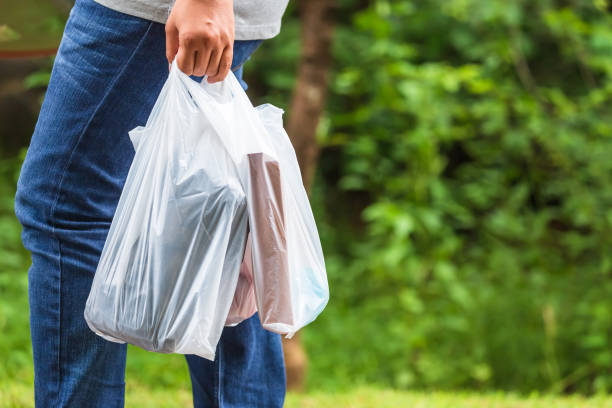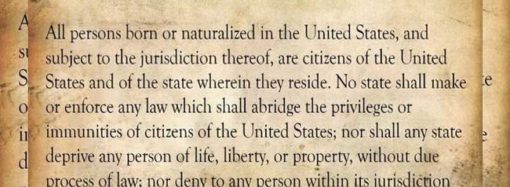This article was first published in Complete Colorado on March 13, 2023
“I’ve seen three [baskets] go out just this morning. I know there’s more.” – Checker at a Wheat Ridge King Soopers
The (supposedly) unintended consequences from Colorado’s anti-plastic bag law keep rolling in. In my last column on this subject, I reported how the law requires retailers to deposit part of the “tax on sacks” in non-existent accounts.
The latest is that grocery store customers, frustrated at having to pay a tax for formerly-free bags, are stealing small plastic baskets at an alarming rate.
“[The baskets] started disappearing about a month ago,” a checker in a Lakewood store told me. “We don’t have any, anymore.”
I’ve seen three go out just this morning,” a checker at another store remarked. “I know there’s more.”
Without free paper bags, people use the baskets to carry out items to their cars, and then just drive away, carrying the baskets with them.
Theft? Sure it is. But anyone who knows beans about government is aware that poorly-crafted regulations can encourage citizen dishonesty—as well as other bad consequences.
As a matter of common sense, Colorado’s lawmakers should have known that.
However, they didn’t even have to apply common sense. Colorado’s “tax on sacks”—which the “progressive” majority passed in violation of at least two parts of the state Constitution—became effective on Jan. 1, 2023. And there already had been mass-media reports of bad consequences from a similar New Jersey law.
For example, on Aug. 30, 2022, a New Jersey USA Today affiliate reported that, “Grocery store customers are walking off with those plastic hand baskets you find in the supermarket, an apparent consequence to New Jersey’s plastic bag ban that went into effect this past spring.”
The story quoted a grocery store CEO as stating, “[The baskets] are just disappearing . . . . I may actually have to just do away with them soon, can’t afford to keep replacing them.”
On Sept. 16, Commentary Magazine featured a similar story.
Bad environmental consequences
Then there are other unintended (?) consequences as well.
Years before Colorado’s bag law became effective, there were multiple reports that—just as I suggested in an earlier column—banning plastic bags flunks even the Left’s own environmentalist criteria. Most of these reports come from mainstream or other left-wing media sources.
In 2018 the World Resources Institute stated that:
“disposable plastic bags require fewer resources (land, water, CO2 emissions, etc.) to produce than paper, cotton or reusable plastic bags—by a wide margin. For example, Denmark’s Ministry of Environment and Food found that you would need to reuse a paper bag at least 43 times for its per-use environmental impacts to be equal to or less than that of a typical disposable plastic bag used one time.”
And while a 2020 ABC News story put the facts near the bottom, those facts were devastating. Here’s an excerpt:
“A 2017 study conducted by Recyc-Québec, a government recycling agency in Canada, looked at the life cycles of different disposable bags used within the province…[T]hough conventional plastic bags tend to have higher environmental impacts when released into the environment, when compared to alternatives (such as compostable bioplastic, paper, thick plastic, and oxo-degradable plastic bags), they appear to have the least overall environmental impact (except as litter)…Because of its thinness and lightness, being designed for a single use, its life cycle requires little material and energy,” the report says. “In addition, it avoids the production of garbage bags since it is commonly used for this function as well.”
The Commentary article added that, “banning disposable bags necessitates the proliferation of non-disposable bags. Reusable bags require more material to make and involve more energy in their production.”
Filthy “reusable” bags can’t be recycled
More stunning was the news that “Quite unlike disposable plastic bags, the reusable sort isn’t even recyclable.” As the Commentary article explains, according to the New Jersey law (and the Colorado law), to qualify as “reusable,” a bag must have handles.
And recyclers are “not equipped to manually or optically separate out reusable bags, and most likely the handles will cause the sorters to jam.”
All more evidence that “progressive” Colorado policy is not so much about progress as about forcing us to join the Third World.
A reminder: You can avoid the plastic bag tax by purchasing your own plastic bags—at a fraction of the cost—on the internet. Inform retailers that they can avoid the law by offering free plastic bags at locations in their stores away from the “point of sale”—i.e., away from the cash register.









